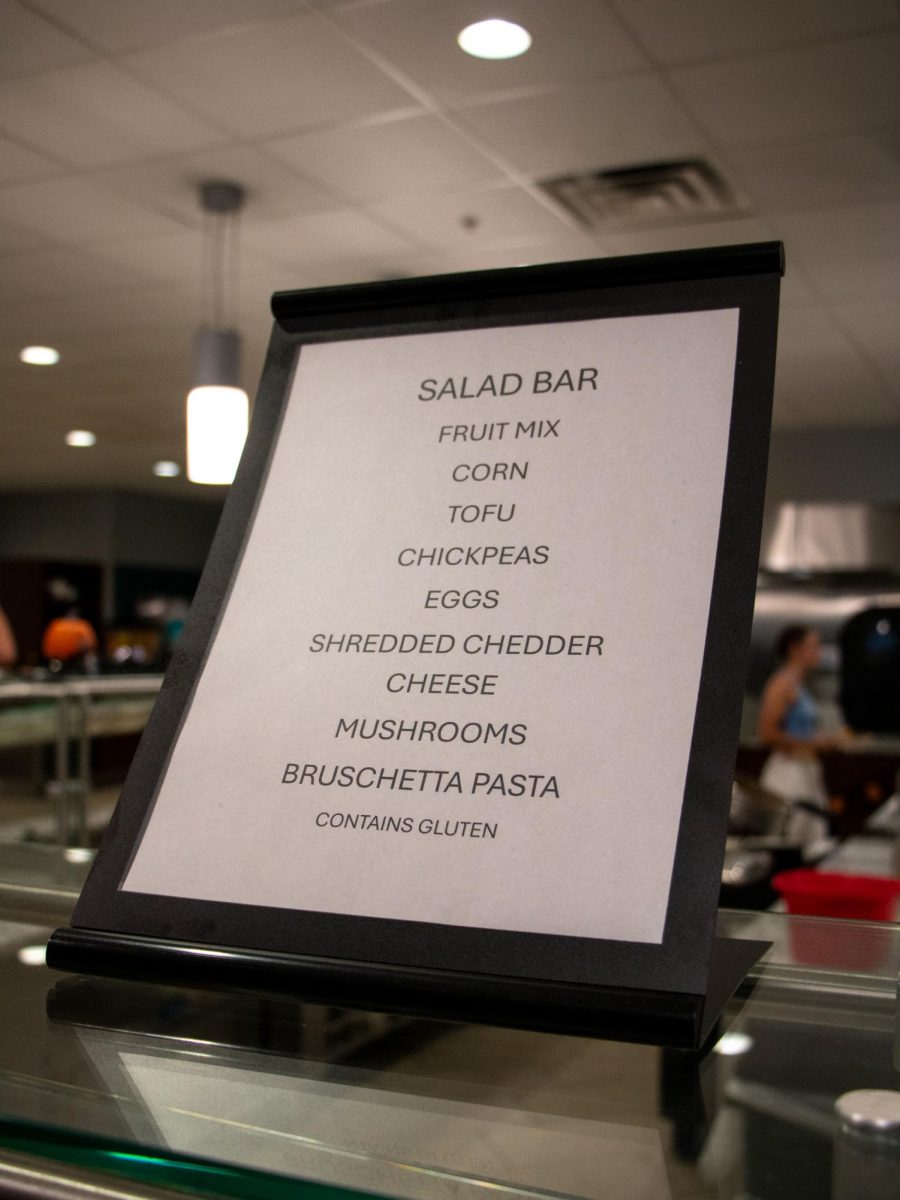Tomlinson Library ended its laptop rental program at the start of the fall semester. Checkout and Reserves Coordinator Stacy Sopher cited overwhelming demand and theft as the cause.
“There was a greater demand than we were capable of meeting,” Sopher said. Tomlinson had three laptops available for three-day rental periods. She said that there were usually about five of the same students that would repeatedly check out the laptops, but they often kept them longer than what was allowed.
Interlibrary Loan Assistant Erika Westhoff said that one laptop was kept for several months last semester, and another was stolen entirely. Westhoff said that was the final piece of motivation for the decision to cancel the program altogether.
The process of checking anything out from the library requires the student to provide their MAVcard which attaches the item to their student account. In the event that the item is never returned, or is damaged, the charges are placed on the student’s financial account.
The laptop that was never returned was placed into collections on that student’s account. Westhoff said that she does not know whether a police report was filed for the loss.
Although it wasn’t up to her, Sopher said the decision to end the program was the right choice.
“We are a library, and in not being able to make that demand, the students should be working with a department that can meet that,” Sopher said. “And we just aren’t capable of doing that.”
The program had been available to students since 2009. After the 16th year, the two remaining laptops are only available to faculty and staff now. Westhoff recommended a rental program provided by CMU Student Services.
Student Services used to provide laptop rentals to students, but Vice President Dr. Roberto Montoya said that the program is no longer available. He started his position last April and said he doesn’t know much about when or why it stopped.
He acknowledged that there is a need for the program, but the process of finding the right balance in managing a laptop rental program is taking some investigation to fully understand.
There are other options available to students who lack this access, but there are still barriers in place. TRIO Student Support Services (TRIO-SSS) is a federal program designed to assist low-income students, first generation students and students with disabilities within their college experience. A qualified student can apply to be part of the program, and through that, there are laptop rentals available to those students.
TRIO-SSS Program Director Paige Cadman said that their rental program has never had any issue with theft.
“Our students tend to have higher needs, and with that, just amazing grateful hearts,” Cadman said.
For students with a bit of extra cash to pay up front, there is the CMU Laptop Program. It is a subsidized laptop purchase program that offers a $1,000 laptop, the HP Probook 445 G11, for $804. Orders can be placed in The Maverick Store.
For first-generation students, that price is reduced even more to $604. The first-gen discount program works through pre-orders over the summer. To obtain a laptop for this fall semester, students would have needed to order it by July 28. If a student qualifies, they’re notified by an automatic email to their school account.
No clear solution to the high demand of laptop rentals has been presented, and there is currently no broadly available option on campus. For now, using on-campus computers in Tomlinson Library, or other areas on campus that have them publicly available, is the most accessible option.
Students whose laptops suddenly break during the semester, who don’t have the means to replace them immediately, are at a disadvantage and are subject to the availability on campus. Nearly every class on campus requires some form of computer access for prolonged periods. Digital textbooks, D2L, access to Google and Microsoft Suites for projects and practically all forms of communication with professors require access to a computer.
Students who utilize specialized programs like in the graphic design or computer science programs may be even further disadvantaged if the computers on campus aren’t equipped with those programs.
Those who wish to conduct work in the comfort of their home may not be able to if they don’t have access to a personal computer.







